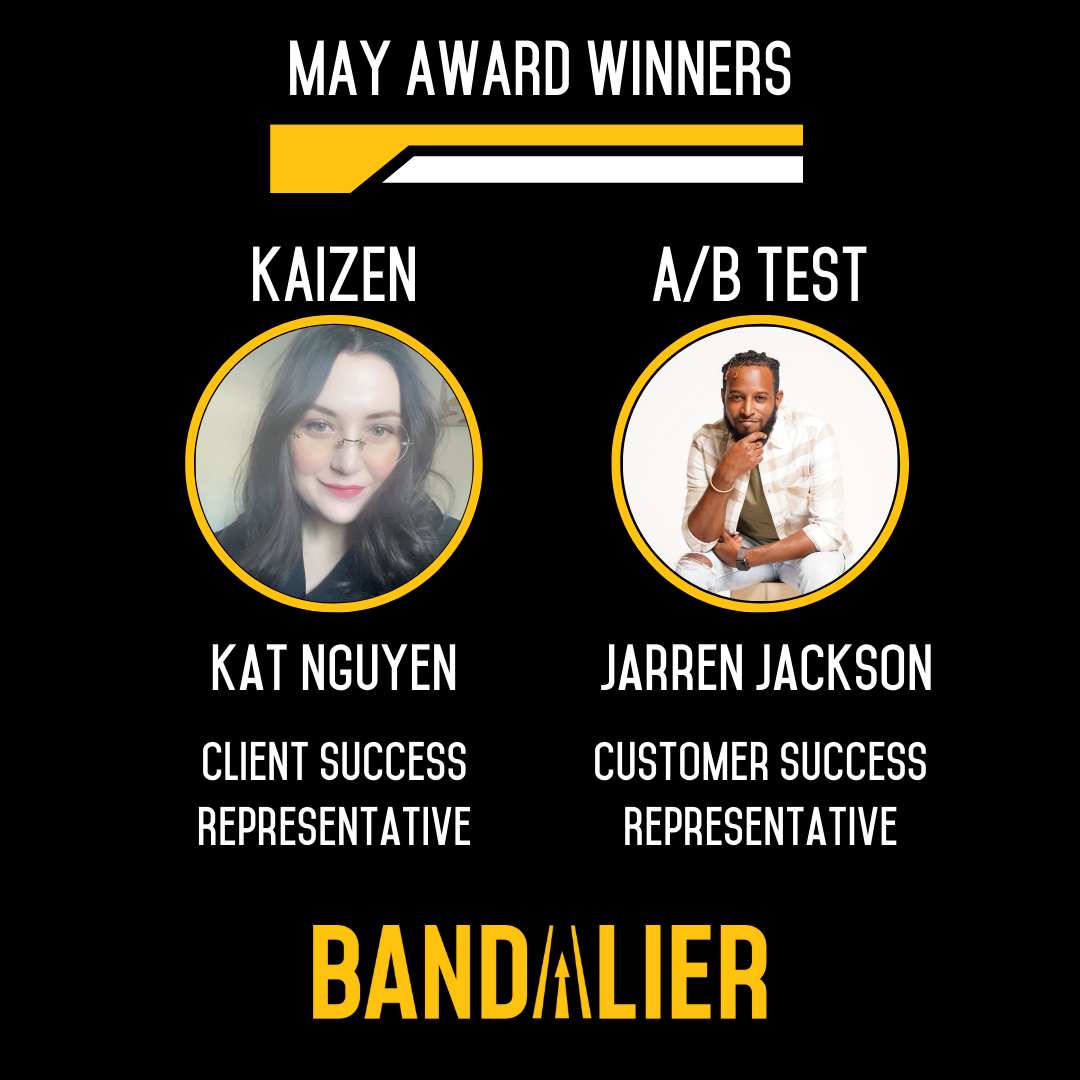3 Tactics Every Effective SDR Uses
Working in sales is personally and professionally fulfilling, but to reap the benefits of the position, Sales Development Representatives (SDRs) have to bring a lot to the table. They must be skilled in communication, comfortable navigating difficult clients, and well-aligned with their organization’s goals. Working in such a competitive environment, it’s vital that each SDR work to stand out from the crowd. Whether you’re a job candidate looking to up your sales game or a business looking to expand your inside sales team with skilled individuals, you’ll benefit from knowing the top three tactics every effective SDR uses.
1. Do Your Research
Want to generate long-lasting business connections? The SDR that stands out is the one that knows a potential client front to back and delivers an integrated pitch. When an SDR can prove that they’ve done their reading, they show prospects they value them as a connection and have taken time to understand their needs. With a well-researched lead, you can anticipate objections and tailor your pitch to meet them where they are. The more prepared an SDR is to address specific objections, the easier it is for the potential client to develop trust and interest.
For sales representatives, there are two primary forms of research to take into account:
Market Research
Market research provides an SDR with broad information about their target audience, helping them to understand their prospective customer’s values and lifestyle better. Trained SDRs use this information to shape their sales tactics. For example, you might approach a customer with a high value for community differently than one that prioritizes efficiency above all else. Buyer intent, firmographic, and technographic data can greatly benefit your sales performance by providing you with the data you need to make highly-informed decisions.
Individual Prospect Research
Individual prospect research focuses on a specific lead. In B2B transactions, leads will most likely have information about their business and brand values publicly available. To increase the chances of securing a lead, an SDR should seek out any available materials (such as blogs, websites, or advertisements) published by the prospective client. After developing a better idea of the prospect’s mission and vision, an SDR can outline a specialized approach to their pitch. This increases the chances of securing a qualified lead.
2. Be Social
A defining attribute that separates high-quality SDRs from the crowd is adaptability across mediums. While phone calls may be the central method a company utilizes for acquiring leads, email, text message, and social media lead generation will appeal to a larger audience.
In some cases, email has a leg-up on phone calls, as the information is all recorded. This gives SDRs a place to use notable statistics or give clients detailed information. Likewise, text messaging may provide direct, specific information without overwhelming your client. With a growing percentage of the world ignoring calls from unknown numbers, email and text messages can often be the best way to contact new clients.
Social media outreach, a growing part of everyday life, can be an incredibly efficient approach for SDRs. In fact, 78% of social sellers outsell peers who don’t use social media. A well-developed social media profile gives an SDR personality and credibility in the eyes of potential clients.
The approach for each client varies. Versatility in a growing digital landscape will allow you more opportunities for success than limiting yourself to traditional methods.
3. Follow Up
Persistence enables SDRs to obtain qualified leads. The line between persistence and annoyance is thin, so staying on the right side of it is vital. If a lead doesn’t respond initially, consistency and dedication can go a long way in communicating the company’s value and persuading them to give it a chance. Actually, 48% of salespeople give up after the first follow-up without a sale, but 60% of prospects will decline 4 times before accepting. SDRs focused on finding qualified leads may think that pursuing lukewarm leads is a waste of valuable time. But, giving up at the first sign of indifference can result in many missed opportunities.
Follow-ups can take many forms, including voicemails, emails, or text messages. Navigating these forms of communication and determining which ones make sense for each prospect is a valuable skill.
Thrive in an Outsourced Sales Position
Working in sales requires a specialized set of competencies. When you have a true passion for the work, you can continuously develop the abilities you need for a profitable and fulfilling career.
Bandalier University provides in-depth training to equip outsourced SDRs or aspiring ones with the skills they need to prosper in the workplace. Our program prepares trainees to ramp up their careers in sales or customer success. We’ve developed an outsourced SDR system to match sales talent with the organizations that suit them best.
Have questions about the program? Contact us here.














